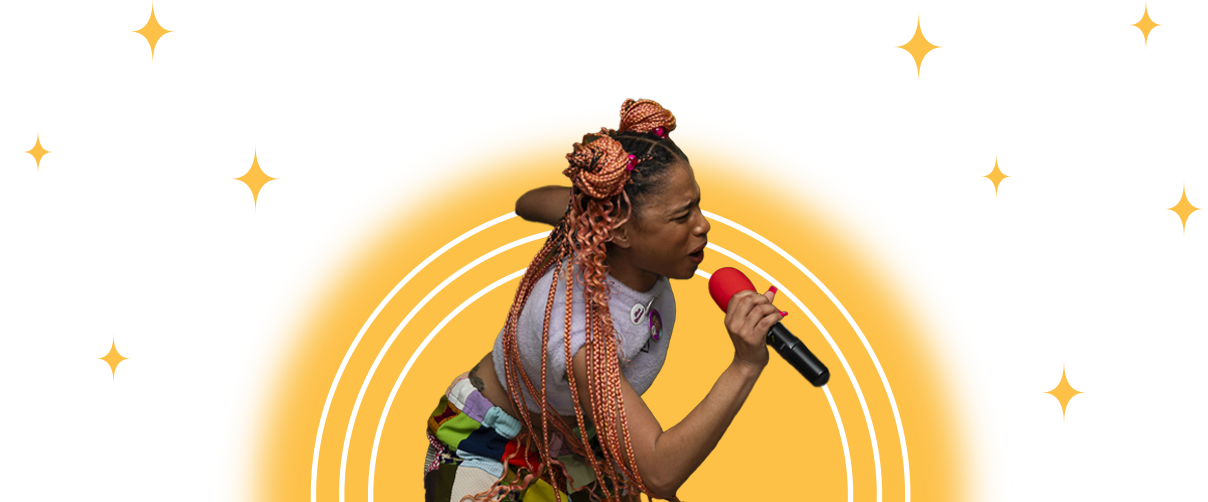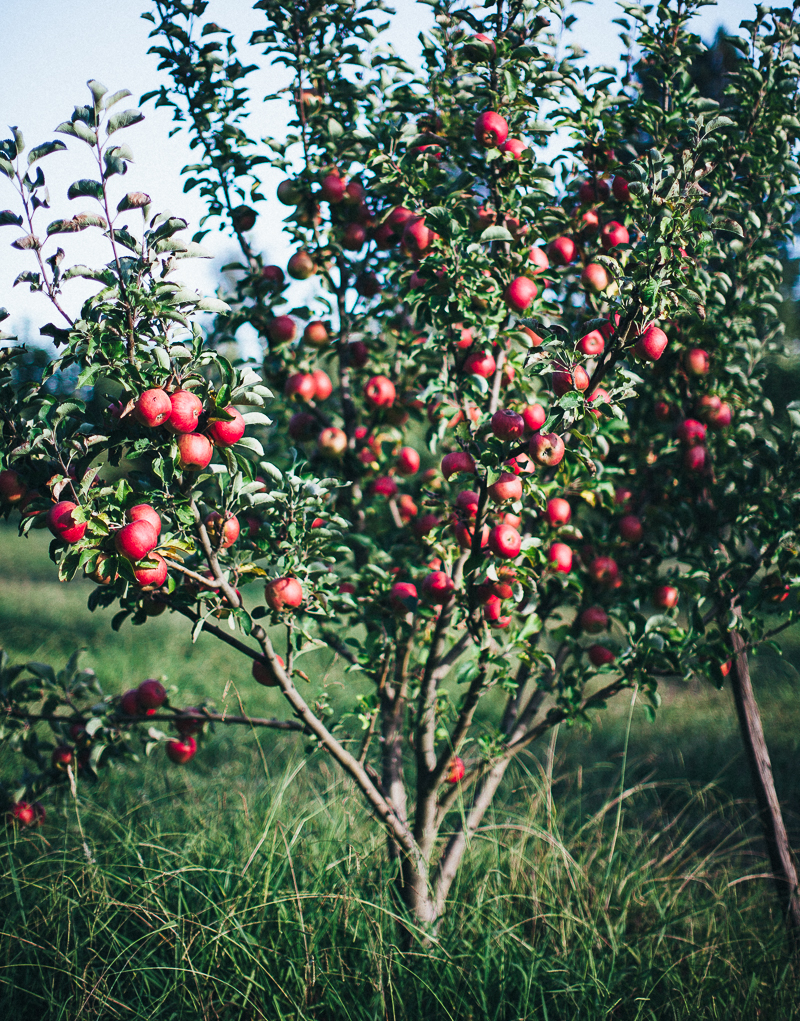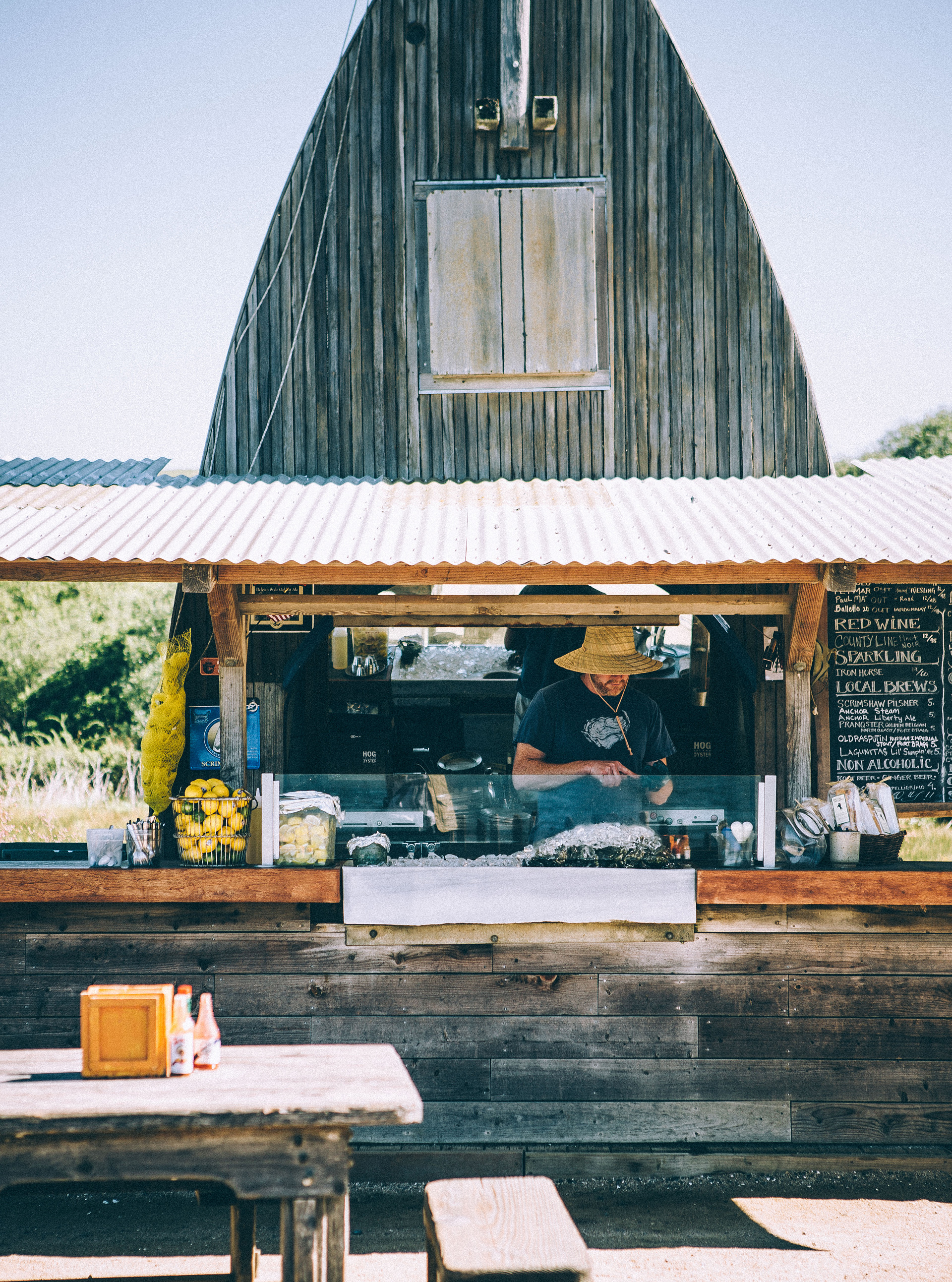Know your farmer, know your food.
Sure, it sounds like another snappy bumper-sticker slogan. (In fact, the now-defunct Marin Organic distributed green stickers emblazoned with this phrase for years.) Simple as it sounds, it's not always an easy feat, but it's a concept that's at the heart of a current food-world movement towards greater transparency and accountability. More and more, we want to know who is growing our food, and how. Once it was enough to know that head of lettuce was organic; now, buyers' interests can touch on every aspect of sustainability, from transport miles to farmworkers' wages and living conditions.
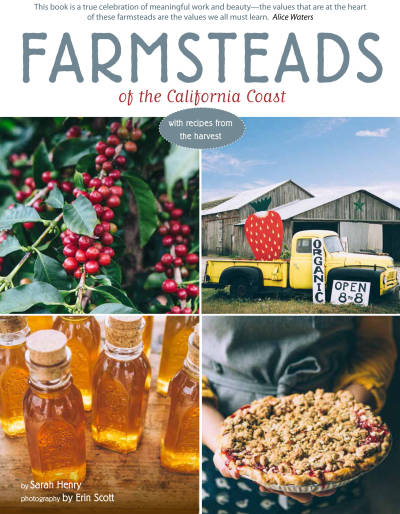
Here in the Bay Area, we're lucky to live where nearly anything can grow, in a climate mild enough to support year-round productivity. As densely populated as this slice of California can feel, we're nonetheless at the heart of an agriculturally famous region. Drive north or south for less than a hour and you can find unique small farms, dairies, ranches, orchards, and more, all making and selling their products on site.
These farmstead operations, typically relying on direct customer sales through roadside farm stands and CSAs, are the subject of local writer Sarah Henry's new book, Farmsteads of the California Coast. In it, she explores the stories of a dozen operations in coastal locations from Mendocino to Santa Barbara county. The Australian-born Henry now lives in the East Bay, where she's written for the San Francisco Chronicle, AFAR, Edible East Bay, Edible San Francisco, and Edible Marin and Wine Country. (She's also been a contributor to Bay Area Bites.) More than half of the operations profiled in the book are a scenic drive from San Francisco, from the Hog Island Oyster Company in Marshall and Gospel Flat Farm in Bolinas to Pie Ranch and Swanton Berry Farm in Pescadero. While looking to cover a diversity of places and products, Henry did choose farms by geographical proximity, so readers could visit two or three places mentioned on a single visit.
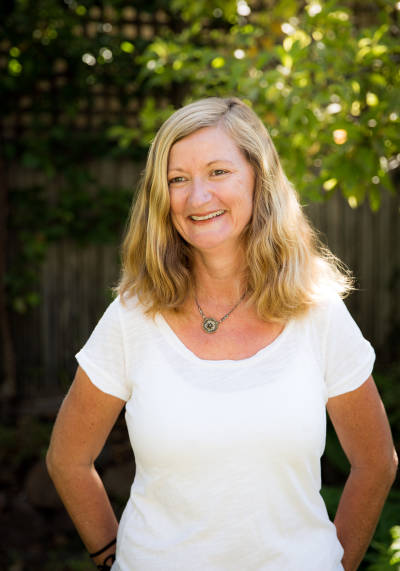
If you've read the produce signs at Bi-Rite Market, or cruised the cheese display at Rainbow Grocery, you'll recognize the names of the farms and dairies in this book. And if you've scrolled through the purveyors listed on many a Bay Area restaurant menu, you'll definitely feel like you're meeting some old friends, or finally putting faces on familiar names, thanks to Berkeley photographer Erin Scott's appealing photographs.

